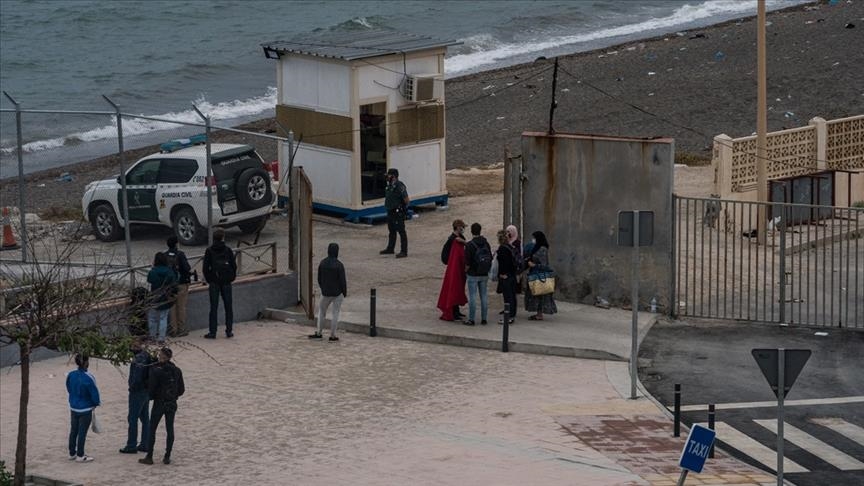The Spanish coast guard rescued 137 migrants who were attempting to reach the Canary Islands overnight, the emergency services said Thursday.
A pregnant woman was taken to a hospital, but the rest managed to survive the treacherous journey that has claimed hundreds of lives so far this year.
But a group that departed in mid-October did not have the same luck. Testimonies are beginning to emerge this week from the passengers on a boat where four babies, one man, and at least two women died on board.
Passengers told Spanish authorities that the ship that departed from Dakhla in Western Sahara hit a patch of rough weather, according to the Spanish news agency Efe.
With high waves, the passengers had to use their energy to bail out the water. But they had only brought three days' worth of supplies.
Eventually, food, water, and gasoline ran out. Altogether, they were at sea for 10 days.
One man collapsed overboard. Passengers began to drink urine and seawater as they saw more and more people, especially the youngest, succumb to thirst.
Once the Spanish coast guard found the lost ship, eight people were in serious condition, one of whom died. Around 50 people survived.
Spain’s Interior Ministry reports that nearly 17,000 people had made the irregular journey from Africa to the Canary Islands. That’s a 44% increase from last year when the island’s services were already overwhelmed by the number of arrivals.
By the end of August, the International Organization for Migration recorded 785 deaths, including 177 women and 50 children. The Spanish NGO Caminando Fronteras estimated in July that the number was closer to 2,000 people.
The rise in both arrivals and deaths comes despite ramped-up cooperation between Spain and source countries like Morocco, Mauritania, Senegal, and Gambia.
Increased Spanish financing for local coast control has blocked at least 8,000 people from reaching the Canary Islands, police sources told Spanish daily El Pais on Wednesday.
But growing political and environmental tensions in Africa, particularly the Sahel region, are driving a rising number of people to flee their homes and risk their lives to reach Europe.
